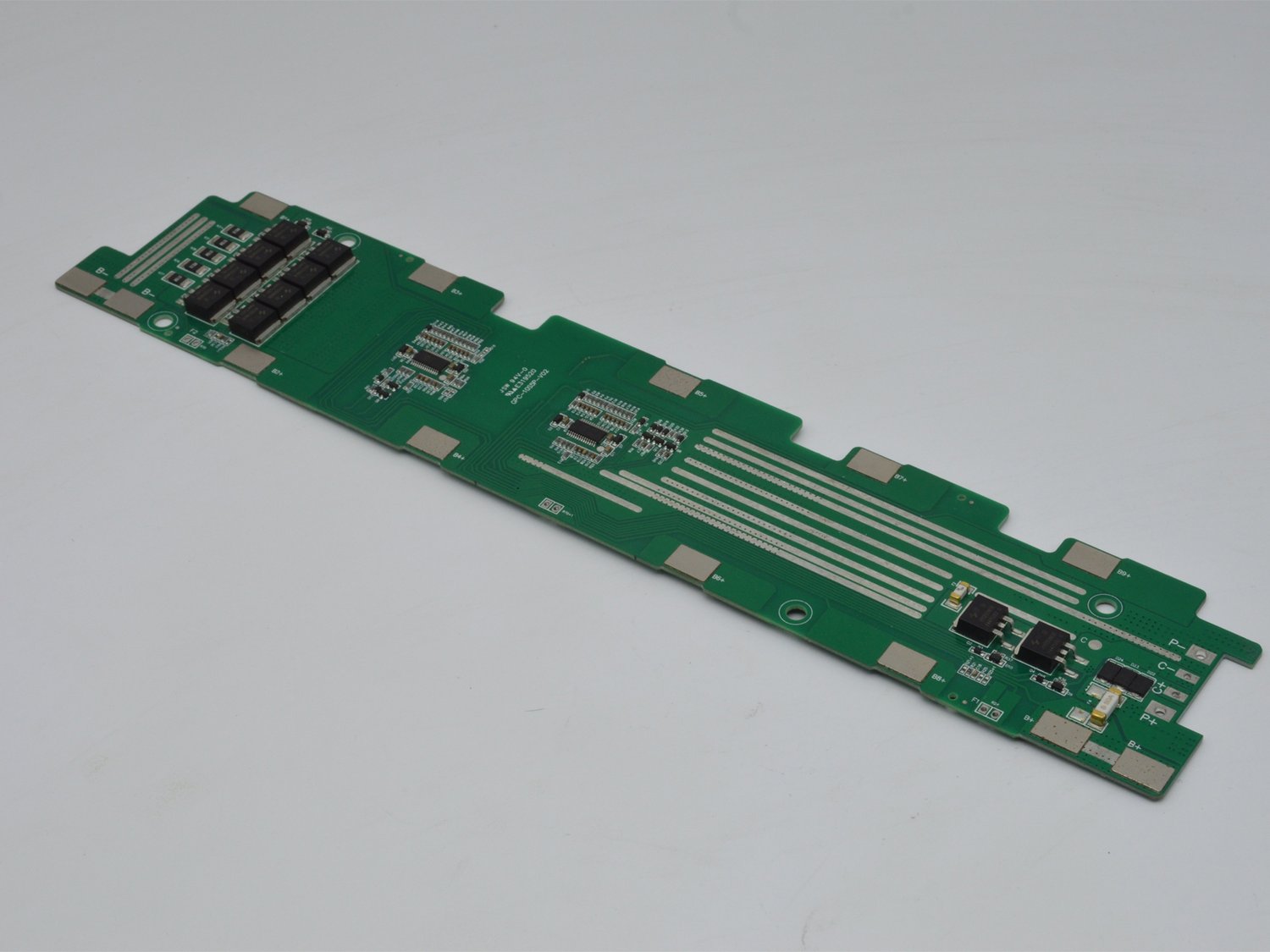Micro Mobility Battery Management Systems play a crucial role in ensuring the efficient operation of electric vehicles. These systems are responsible for monitoring and controlling the health and performance of batteries, ultimately optimizing the vehicle's overall efficiency and lifespan.
Efficient Power Distribution
One of the key functions of a micro mobility battery management system is to ensure the efficient distribution of power to the vehicle's motor. By constantly monitoring the power needs of the motor and adjusting the flow of electricity accordingly, the system can maximize the vehicle's performance while preventing overloading or underutilization of the battery.
Battery Health Monitoring
Another important aspect of a battery management system is monitoring the health of the battery cells. By keeping track of factors such as temperature, voltage, and state of charge, the system can detect any potential issues or abnormalities that may arise. This proactive approach helps prevent premature battery degradation and extends the overall lifespan of the battery.
Optimized Charging Process
A well-designed battery management system also plays a crucial role in optimizing the charging process. By carefully monitoring the charging parameters and adjusting the charging rate as needed, the system ensures that the battery is charged safely and efficiently, minimizing the risk of overcharging or overheating.
Enhanced Safety Features
Micro mobility battery management systems are equipped with a range of safety features designed to protect the battery and the vehicle from potential hazards. These features include overcurrent protection, overvoltage protection, and temperature monitoring, all of which help prevent dangerous malfunctions or accidents.
Remote Monitoring and Diagnostics
Some advanced battery management systems are equipped with remote monitoring and diagnostic capabilities, allowing operators to track the performance of the battery system in real-time. This feature enables proactive maintenance and troubleshooting, reducing downtime and maximizing the operational efficiency of the vehicle.
Integration with Vehicle Systems
Modern micro mobility battery management systems are designed to seamlessly integrate with other vehicle systems, such as the motor controller and onboard computer. This integration allows for seamless communication between components, ensuring optimal performance and efficiency across the board.
Energy Efficiency Optimization
By continuously monitoring and optimizing power flow, charging processes, and battery health, a well-designed battery management system can significantly enhance the overall energy efficiency of a micro mobility vehicle. This leads to extended range, reduced energy consumption, and lower operating costs.
Environmental Sustainability
Efficient battery management systems not only benefit the performance and longevity of the vehicle but also contribute to environmental sustainability. By maximizing the efficiency of the battery system, these systems help reduce carbon emissions and promote the widespread adoption of eco-friendly transportation solutions.
Conclusion
In conclusion, micro mobility battery management systems are an essential component of electric vehicles, ensuring optimal performance, safety, and longevity of the battery system. By investing in a high-quality battery management system, operators can maximize the efficiency of their vehicles, reduce operating costs, and contribute to a more sustainable future.

